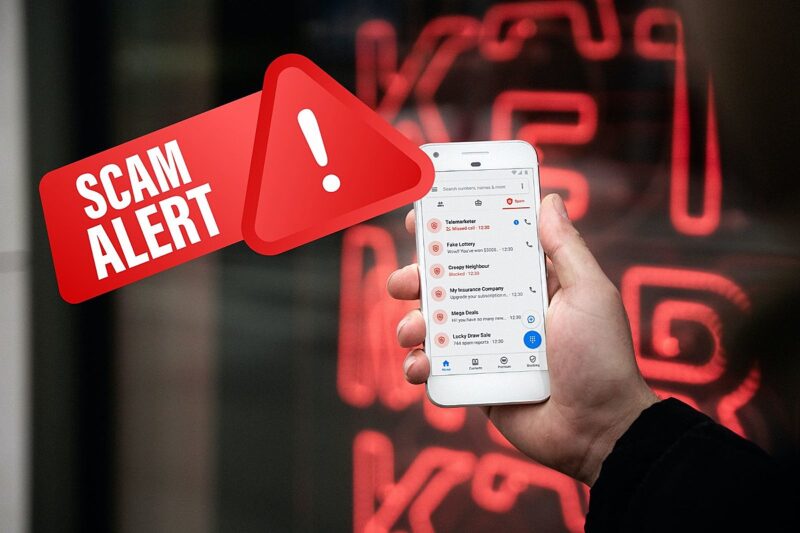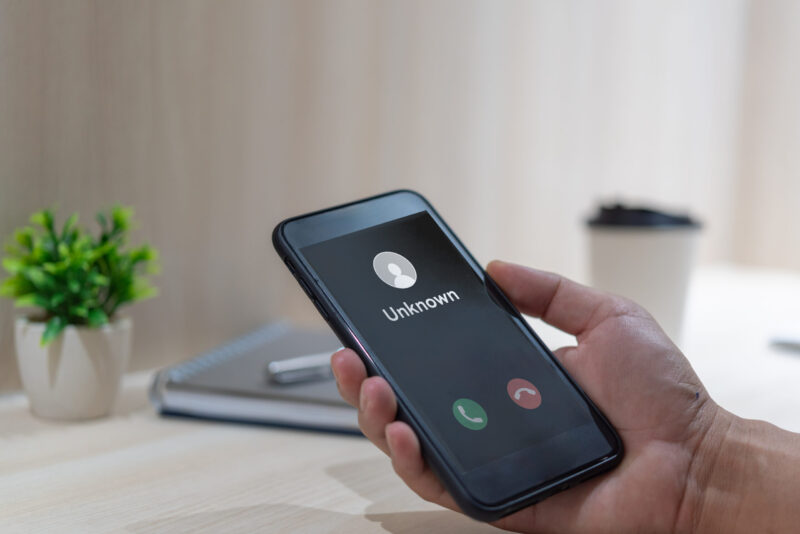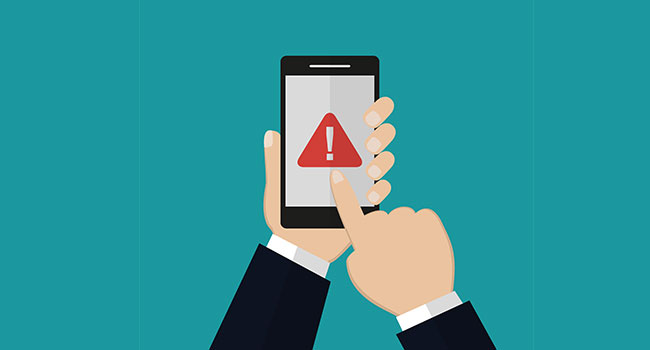Don’t Fall for Scam Calls: Identifying 18002401627 and Other Threatening Numbers in Canada
warning: 18774530539, 1-877-453-0539, 18885776012, 8774530539, 18774530539, 7786121000, 18002401627, 6043421000, 8888112323, 514 375 2413, 778-612-1000, 8773627434, 4169355555, 18773627434, 778 612 1000, (662) 255-3743, 8663102355, 8885776012, 604-342-1000, +1 (514) 375-2413,
In recent times, phone users in Canada have been plagued by an increasing number of unwanted calls, with a particular concern being “Alert Spam Calls.” These calls can be annoying, deceptive, and at times, even harmful. This article aims to shed light on the issue of Alert Spam Calls, explore their impact on individuals and businesses, and provide insights into dealing with them effectively.
Understanding Spam Calls
Spam calls, or unsolicited calls, refer to any communication made to a person without their consent. These calls are typically made for commercial purposes, fraudulent activities, or spreading malicious content. Spam calls can include telemarketing calls, robocalls, and phishing attempts.
The Rise of Alert Spam Calls
Alert Spam Calls are a specific type of spam call that attempts to deceive individuals into thinking it is an important or urgent message from a trusted source. The perpetrators behind these calls use fear and urgency as tactics to manipulate the recipients into taking immediate action.
How Alert Spam Calls Work
Alert Spam Calls often impersonate government agencies, financial institutions, or well-known companies. The scammers may claim to be from the police, tax authorities, or a bank, alerting the recipient about a supposed emergency, outstanding payments, or security breaches.
The callers may use various techniques to add credibility, such as providing fake case numbers, using official-sounding language, or mentioning specific personal information obtained through other means.
Why Alert Spam Calls are a Problem
Alert Spam Calls can create panic and anxiety among individuals, leading them to make hasty decisions. In many cases, victims end up sharing sensitive personal information, such as bank account details or social security numbers, under the false belief that they are cooperating with a legitimate authority.
Moreover, these calls can disrupt businesses and government organizations, as employees may waste time dealing with unnecessary alerts and inquiries, impacting productivity.
Impact on Individuals and Businesses
For individuals, falling victim to Alert Spam Calls can result in financial losses, identity theft, and exposure to other fraudulent activities. The psychological toll of constantly receiving such calls can also be distressing.
For businesses, Alert Spam Calls can tarnish their reputation if scammers use their name to perpetrate fraud. Employees may be distracted from their regular tasks, and customer trust may be eroded.
Dealing with Alert Spam Calls
To combat Alert Spam Calls effectively, individuals should be vigilant and cautious when answering unknown calls. If an unexpected call claiming to be an alert is received, it is essential to verify the caller’s identity independently before sharing any personal information.
Call-blocking apps or services can help filter out known spam numbers, reducing the frequency of unwanted calls. Additionally, individuals can register their phone numbers on official “Do Not Call” lists to minimize such calls.
Reporting Alert Spam Call Numbers
Reporting alert spam call numbers is crucial in helping authorities track down scammers and take appropriate legal action. Complaints can be lodged with government agencies responsible for telecommunications and consumer protection.
Legal Measures against Alert Spam Calls
In Canada, there are strict laws against unsolicited calls, including the Canadian Radio-television and Telecommunications Commission’s (CRTC) Anti-Spam Legislation. Individuals and businesses can report violators, and penalties for violating these laws can be severe.
Tips for Avoiding Alert Spam Calls
- Stay Calm: Do not let fear or urgency cloud your judgment when receiving an unexpected alert call.
- Verify Caller: Always verify the identity of the caller independently before sharing any personal information.
- Use Call-Blocking Apps: Employ call-blocking apps or services to filter out known spam numbers.
- Register on “Do Not Call” Lists: Add your phone number to official “Do Not Call” lists to reduce unsolicited calls.
The Role of Technology in Combating Alert Spam Calls
Advancements in technology have enabled the development of sophisticated algorithms and AI-powered systems that can detect and block spam calls. Telecommunication providers and smartphone manufacturers are investing in these solutions to offer better protection to their users.
Conclusion
Alert Spam Calls continue to be a nuisance for individuals and businesses alike. Staying informed, cautious, and employing technology-based solutions are essential in combating this issue effectively. By collectively taking preventive measures and reporting suspicious calls, we can make a significant impact in curbing alert spam call activities.
FAQs
1. Are all unsolicited calls considered spam?
No, unsolicited calls may include legitimate telemarketing calls, surveys, and political campaign calls, but spam calls are those that aim to deceive, scam, or spread malicious content.
2. What should I do if I suspect an alert spam call?
If you suspect an alert spam call, do not share any personal information. Hang up and independently verify the caller’s identity before taking any further action.
3. Can businesses take legal action against scammers using their name?
Yes, businesses can report such incidents and work with legal authorities to take appropriate action against scammers misusing their name.
4. Do call-blocking apps always prevent spam calls?
While call-blocking apps are effective against known spam numbers, scammers may frequently change their caller IDs or use new numbers to bypass these filters.
5. How can I report alert spam call numbers?
You can report alert spam call numbers to relevant government agencies responsible for telecommunications and consumer protection.





